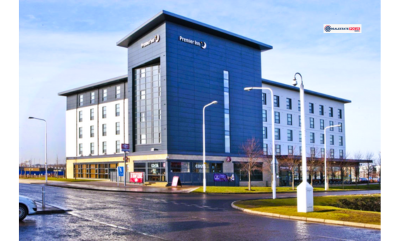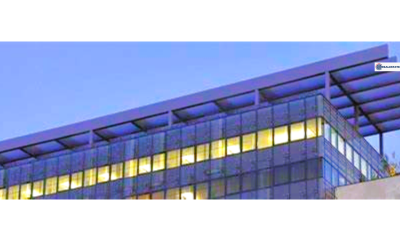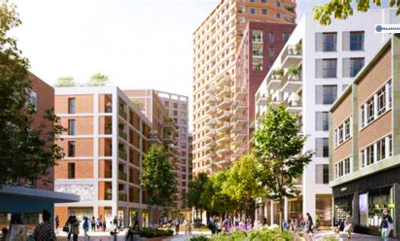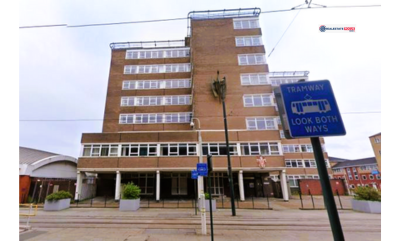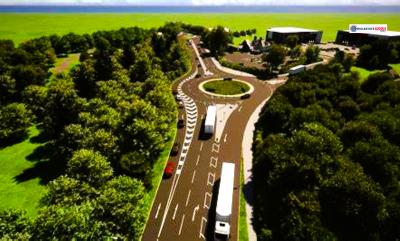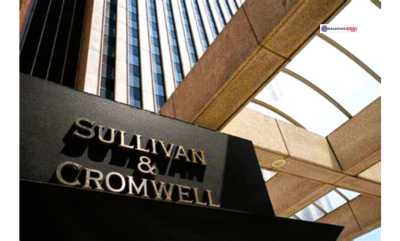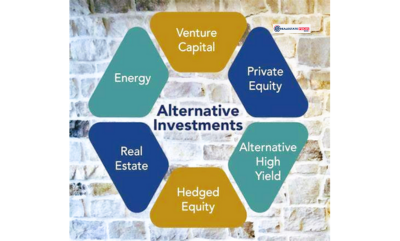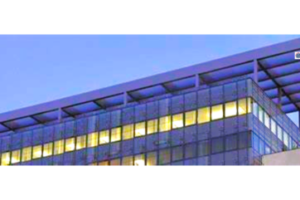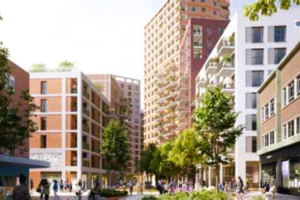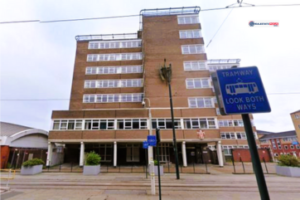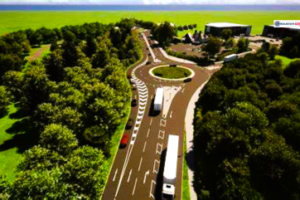
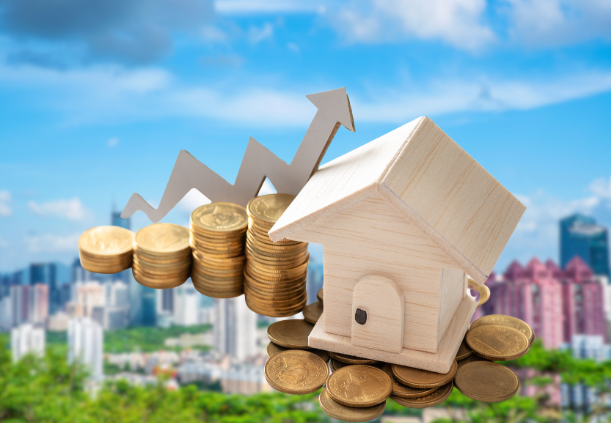
Dubai’s Real Estate Sector Records AED761 Billion in Investment Transactions
Dubai’s real estate sector achieved AED761 billion in investment transactions, reflecting a thriving property market. This milestone highlights the growing appeal of Dubai as a global hub for real estate investment and development.
The impressive transaction volume was driven by both residential and commercial property sales. High-value transactions included luxury properties, new developments, and major investments in commercial spaces. The consistent demand for real estate across various sectors underscores the city’s robust market dynamics.
Foreign investment played a central role in this growth. Investors from countries such as India, China, Russia, and the United Kingdom contributed significantly to the market. Dubai’s strategic location, tax-friendly policies, and strong regulatory framework attracted global interest.
Population growth and an influx of expatriates fueled the demand for properties. Many residents chose to invest in homes due to the city’s economic stability, advanced infrastructure, and high-quality lifestyle. This increased demand supported strong performance in both sales and rentals.
Government initiatives contributed to the sector’s success. Policies such as long-term residency visas for property investors, retirement visas, and streamlined regulations encouraged investments. Flexible payment plans offered by developers made it easier for individuals to invest in properties.
The residential property market recorded substantial activity, with apartments, villas, and townhouses among the most traded property types. Prime areas like Downtown Dubai, Palm Jumeirah, Dubai Marina, and Business Bay remained popular. Buyers sought these locations for their connectivity, amenities, and premium lifestyle.
The commercial real estate segment also witnessed significant growth. Office spaces, retail centers, and industrial properties attracted investors looking to capitalize on Dubai’s role as a global business hub. New companies establishing operations in the city contributed to the increasing demand for commercial properties.
Off-plan properties played a major role in driving the market. Developers launched a variety of new projects, offering innovative designs and integrated communities. Many of these projects focused on sustainability and smart technology, aligning with Dubai’s vision for future urban development.
The short-term rental market saw substantial investment due to Dubai’s position as a top tourist destination. Investors capitalized on the demand for holiday homes, particularly in areas close to tourist attractions and business districts. These properties provided consistent returns through short-term leases.
Dubai’s focus on infrastructure and technological innovation further bolstered the real estate market. Investments in smart city initiatives, transportation networks, and renewable energy solutions enhanced the city’s appeal to both residents and investors.
While rising interest rates impacted many global markets, Dubai’s property sector remained resilient. A significant proportion of transactions were cash-based, minimizing the effect of higher borrowing costs. The UAE Central Bank’s regulations also played a role in maintaining market stability and preventing excessive speculation.
The affordable housing segment gained attention as developers worked to meet the needs of middle-income residents. Projects focused on providing accessible options for young professionals and families, addressing a growing demand in the market.
The luxury property market continued to perform strongly. High-net-worth individuals invested in premium villas, penthouses, and exclusive waterfront properties. Dubai’s reputation for safety, luxury, and world-class amenities made it a preferred destination for affluent buyers.
Rental demand remained high as expatriates and new residents sought accommodation. Popular areas saw increasing rental yields, attracting landlords and property investors looking for steady returns. Suburban neighborhoods gained traction for their affordability and family-friendly environments.
The AED761 billion investment milestone highlights the effectiveness of Dubai’s real estate policies and the sustained confidence of investors. The sector’s growth reflects its critical role in driving the UAE’s economy and positioning Dubai as a global leader in real estate.
As the city continues to evolve, new developments and infrastructure projects are expected to fuel further growth. Dubai’s strategic focus on innovation, sustainability, and global connectivity will likely maintain its strong position in the real estate market. This performance demonstrates that Dubai remains a top choice for investors and residents alike.


